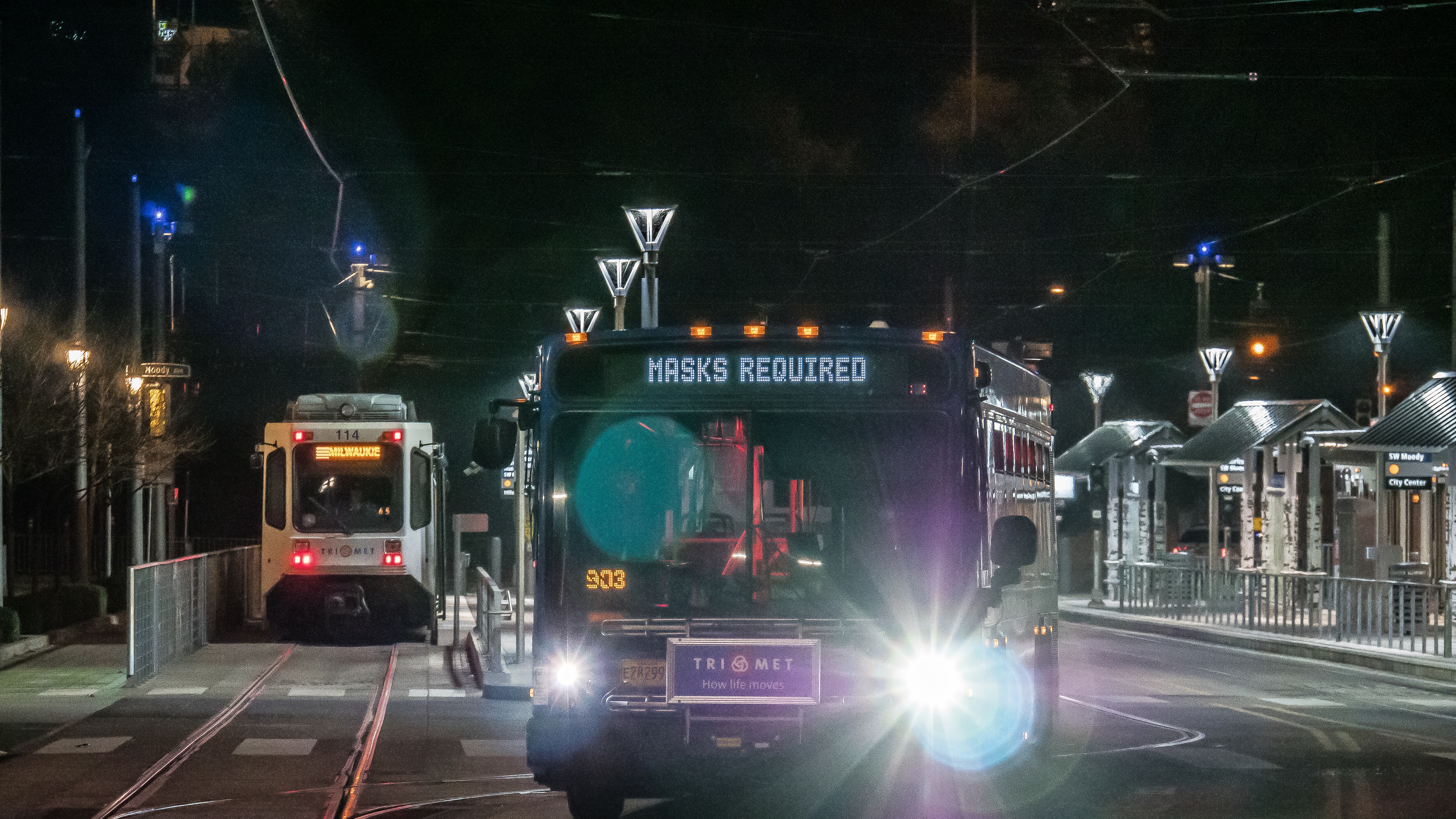The most expensive local tax measure in Oregon history has failed.
Early returns on Measure 26-218, a transportation funding measure, show it failing across the three Portland-area counties by 57% to 43% in early returns.
The Metro Council's $4 billion transportation measure would have invested in a Southwest Corridor MAX extension from Portland to Bridgeport Village and paid for bus line improvements and investments in 17 transportation corridors across the region, including lane expansions at Portland International Airport.
Notably, voters in Multnomah County, who have approved a long string of tax measures, were opposed to it 54% to 46% in early returns. In Washington and Clackamas counties, the measure failed by wider margins.
Unlike a homeless services measure Metro passed in the May primary, business groups opposed the transportation measure, contributing $2 million to the "no" campaign. That devoted opposition emerged in part from the tax mechanism that would fund the measure: a payroll tax, arriving as local companies try to recover from pandemic-fueled closures and mass layoffs.
The measure also drew intense criticism for its paltry climate objectives, its seemingly arbitrary carve-outs exempting local governments from paying, and its lack of a sunset—meaning the tax would keep being levied even after the listed projects were completed. Advocates fired back that the measure was crafted by people of color and would primarily benefit working-class people who depend on public transit.
But the package may have been most fundamentally damaged by a lack of voter enthusiasm for its chief proposal: a light rail line through the Southwest Hills to the Bridgeport Village shopping mall in Tigard.
Advocates for the measure vowed to continue the effort to fund transportation projects and climate reforms.
"Though disappointed, we are still committed to the vision and to the community who helped identify and build the vision," said Metro President Lynn Peterson in a statement. "The fact is, our communities—particularly communities of color and low-income families struggling the most right now—still need safer streets, better transit and improved access to opportunity."
Other supporters conceded defeat but vowed to try again.
"While we are disappointed by the outcome of the election, members of our diverse and dedicated coalition are not deterred," said Vivian Satterfield, strategic partnerships director at Verde and campaign co-chair. "The community partners that shaped this package will continue to work together alongside partners in Metro and the region to ensure that the long overdue and critical investments in our region's infrastructure are completed and long-awaited community programs are actualized."
Opponents blamed Metro for failing to work with business interests in the midst of a pandemic.
